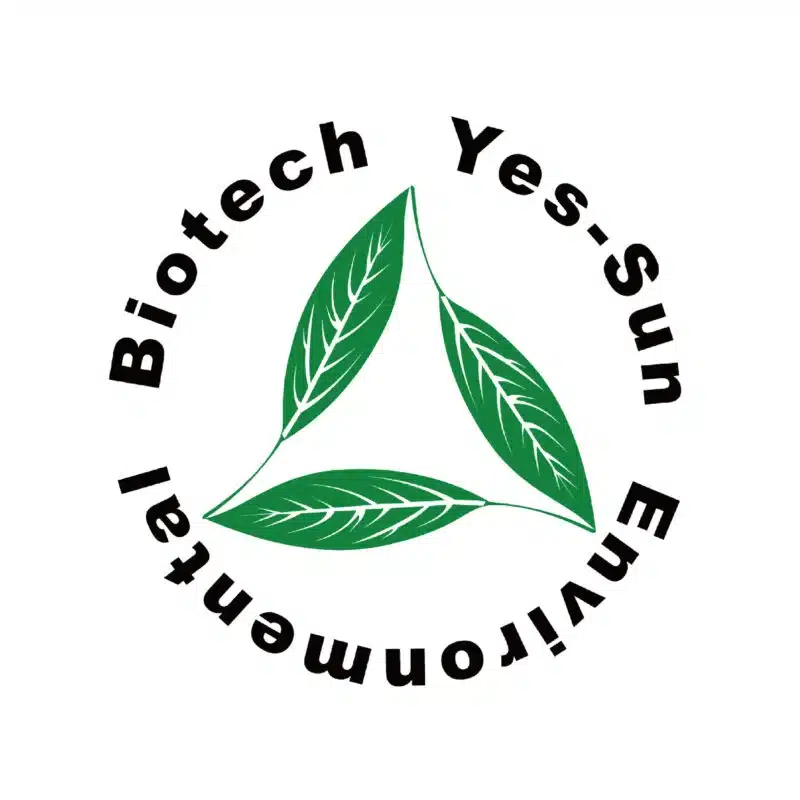BY LEE REICH
https://apnews.com/article/c164cd82fade43109b4780c1d30e588c
Autumn is an ideal time for composting due to the abundance of materials like garden waste, lawn clippings, and fallen leaves. Composting doesn’t require complex ingredients or equipment, nor specialized knowledge. An essential element in composting is a proper enclosure, like a compost bin, which helps in retaining moisture and heat, crucial for the composting process, and also keeps animals away.
A minimum size of 9 cubic feet is recommended for a compost bin to maintain the necessary heat. Materials like manufactured wood can be used to construct a durable bin. For those more invested in composting, having multiple bins allows for continuous composting, with one bin maturing while another is in use.
The key ingredients for compost are carbon and nitrogen. Carbon-rich materials include dry plant matter like autumn leaves and sawdust, while nitrogen-rich materials encompass green plant parts, kitchen vegetable waste, and grass clippings. Balancing these ingredients is crucial, and observation, along with a compost thermometer, can guide this process. Too much carbon can prevent heating, while excess nitrogen can lead to unpleasant odors.
Watering the compost pile is important, as too little water slows down the process, and too much water can cause odors by displacing air. While regular maintenance, such as chopping ingredients and stirring the pile, can accelerate the composting process, a more casual approach will also yield compost over time, albeit slower. Ultimately, any organic matter will decompose into compost, characterized by a dark brown, crumbly texture and a woodsy smell.
Discover the future of waste management with composting free technology
Handling organic waste properly can be challenging due to the unpleasant smell and dirty water produced during the composting process. Despite the availability of various composting technologies and equipment in the market, time and pollution remain significant concerns. However, a novel technology that combines patented equipment and enzymes offers a potential solution. This innovative approach can convert organic waste into fertilizer in just a few hours, and most importantly, without causing pollution.
Learn more


 中文 (台灣)
中文 (台灣) Bahasa Indonesia
Bahasa Indonesia Tiếng Việt
Tiếng Việt Bahasa Melayu
Bahasa Melayu Français
Français Español
Español Português
Português